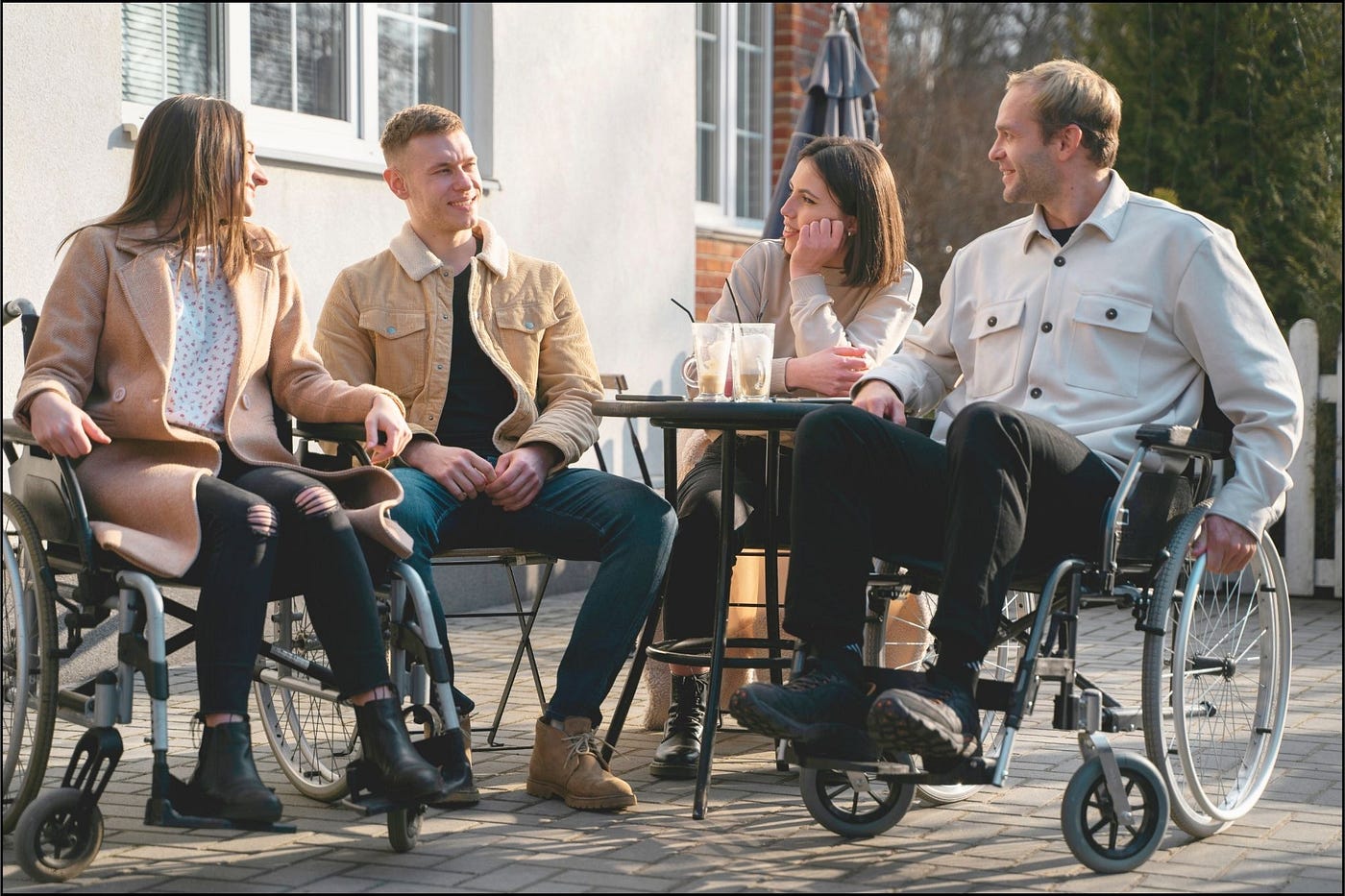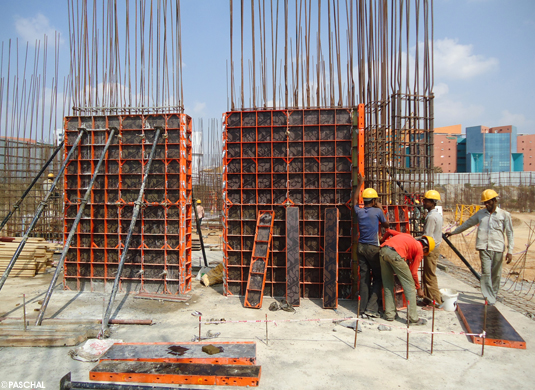The National Disability Insurance Scheme (NDIS) has revolutionized disability support services in Australia, empowering individuals with disabilities to lead more independent and fulfilling lives. In Werribee, a suburb of Melbourne, innovative approaches to community participation, NDIS provider services, and community nursing have emerged, fostering inclusivity, accessibility, and collaboration. This discourse explores the intersection of these key elements, highlighting their impact on the well-being and empowerment of individuals with disabilities in the Werribee community.
Innovative Community Participation in NDIS:
Community participation is at the core of the NDIS philosophy, emphasizing the importance of social inclusion, peer support, and community engagement for individuals with disabilities. In Werribee, innovative approaches to community participation within the NDIS framework have emerged, leveraging technology, social networks, and creative programming to facilitate meaningful connections and opportunities for individuals to contribute and thrive.
One such innovation is the use of virtual platforms and online communities to connect individuals with disabilities, carers, and service providers. Virtual support groups, social media networks, and online forums provide avenues for sharing experiences, resources, and information, fostering a sense of belonging and solidarity among participants. Additionally, virtual events, workshops, and recreational activities enable individuals to engage with their peers and explore new interests from the comfort of their homes.
Furthermore, community-based initiatives such as inclusive sports programs, art exhibitions, and cultural festivals promote social inclusion and celebrate the talents and contributions of individuals with disabilities. These initiatives create opportunities for collaboration, skill development, and self-expression, enriching the fabric of the Werribee community and promoting a culture of acceptance and diversity.
NDIS Provider Services in Werribee:
As the NDIS continues to expand its reach, the demand for high-quality provider services in Werribee has increased, prompting the emergence of diverse service offerings tailored to the needs and preferences of individuals with disabilities. NDIS providers in Werribee offer a wide range of supports and services, including accommodation assistance, personal care, therapy services, employment support, and recreational activities.
Innovative approaches to service delivery, such as mobile support units, telehealth services, and flexible scheduling options, ensure that individuals receive timely and personalized support that aligns with their goals and aspirations. Moreover, NDIS providers in Werribee prioritize cultural competence, language accessibility, and sensitivity to diverse needs and backgrounds, fostering an inclusive and respectful environment for all participants.
Additionally, collaboration among NDIS providers, local organizations, and community groups enhances service coordination and resource sharing, maximizing the impact of available supports and addressing gaps in service delivery. Through partnerships with educational institutions, vocational training programs, and employment agencies, NDIS providers in Werribee facilitate pathways to education, employment, and social participation, empowering individuals to achieve their full potential and pursue their aspirations.
NDIS Community Nursing:
Community nursing plays a critical role in supporting individuals with disabilities to maintain optimal health, independence, and well-being in their home environments. In Werribee, NDIS community nursing services provide essential medical care, health monitoring, and support with activities of daily living, enabling individuals to remain in their homes and communities while receiving the care they need.
Innovations in NDIS community nursing focus on person-centered care, holistic assessment, and proactive health promotion, empowering individuals to take an active role in managing their health and wellness. Advanced nursing practices, such as telehealth consultations, remote monitoring devices, and electronic health records, enhance accessibility and continuity of care, particularly for individuals with complex medical needs or mobility challenges.
Moreover, interdisciplinary collaboration among NDIS community nursing teams, primary care providers, allied health professionals, and social services enhances care coordination and facilitates holistic care planning tailored to the unique needs and preferences of each individual. By addressing social determinants of health, promoting preventive care, and supporting self-management strategies, NDIS community nursing contributes to improved health outcomes, reduced hospitalizations, and enhanced quality of life for individuals with disabilities in Werribee.
Conclusion:
In conclusion, innovative approaches to community participation, NDIS provider services, and community nursing in Werribee are transforming the landscape of disability support and care delivery, empowering individuals with disabilities to live meaningful, independent, and connected lives. By embracing technology, collaboration, and person-centered practices, the Werribee community is creating inclusive environments where individuals with disabilities can thrive and contribute to the richness and diversity of the community. Moving forward, continued investment in innovative solutions and collaborative partnerships will be essential to furthering the goals of the NDIS and advancing the well-being and inclusion of individuals with disabilities in Werribee and beyond.

















